
As per WHO, in 2016, more than 1.9 billion adults, 18 years and older, were overweight. Of these, over 650 million were obese. 39% of adults aged 18 years and over were overweight in 2016, and 13% were obese. Most of the world’s population lives in countries where being overweight or obese kills more people than being underweight. India, too, is in the midst of an obesity and diabetes epidemic. Thus, to effectively curb obesity and its related health problems, we have to understand the underlying causes and take precautionary steps to prevent it.
a
Data released by the World Obesity Federation, a community of organizations dedicated to solving the problem of obesity, shows that the percentage of Indian adults living with obesity is set to jump to around 5% by 2025, from 3.7% in 2014. This is a matter of serious concern, as obesity is one of the contributing factors to type 2 diabetes. But obesity is preventable. The primary cause of obesity is our modern lifestyle habits. People are not only consuming an excess of calories but are also consuming all the wrong types of calories.
Modern Lifestyle Hazards
Our portion sizes have increased, we eat out more often, and we consume the wrong food combinations. Most of us wake up late and many times without proper rest. The perils of our professions catch up with us, and we are always in a hurry. The availability of time and convenience dictate our food choices. As a result, we load up on calories at fast food joints. Some of us do count calories, and to balance the high calorie intake, we skip the next meal. It could be your everyday story.
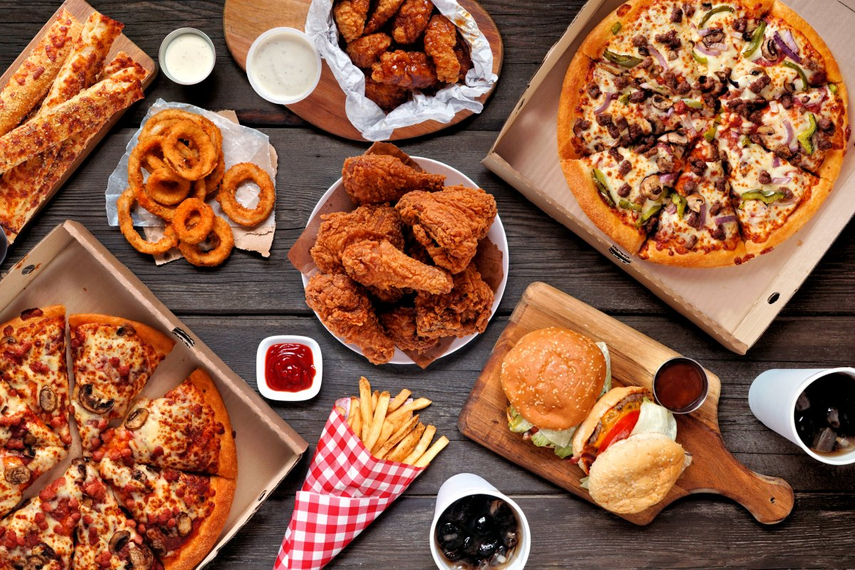
However, just counting calories is not very effective, as we need to look at the calorie density of the food we are consuming as well. 1000 calories obtained from 200 ml of a sugary beverage vs. 1000 calories obtained from one full meal are totally different and have very different effects on our body.
Whatever we consume is broken down by the body to release energy for cellular metabolism. Any excess food we consume is stored as fat. Stress, late nights, pollution, and other unavoidable features of our urban life result in poor digestion and absorption and, consequently, more fat accumulation.
Increased fat accumulation ultimately results in obesity, which in turn can result in a condition called insulin resistance.
What Is Insulin Resistance?
Insulin resistance happens when the body’s cells fail to respond to insulin. This happens primarily because certain molecules on the surface of the cells change. These molecules play a pivotal role in ensuring that cells respond to insulin.
What is Insulin?
Insulin is a hormone that is produced by the pancreas to regulate the amount of glucose (sugar) in the blood. In a normal scenario, high blood glucose (i.e., from a meal you’ve just eaten) stimulates the release of insulin from the pancreas. This results in the cells taking in glucose from the blood and storing it in the form of glycogen. Once this takes place, blood glucose is lowered and insulin secretion is inhibited. The body is balanced.
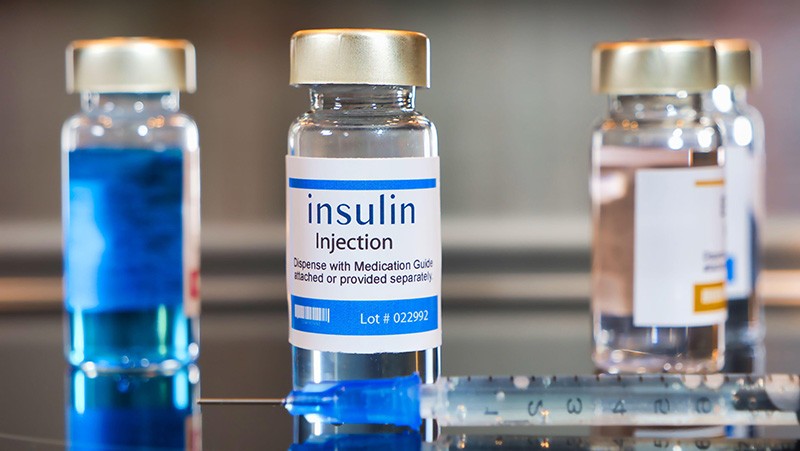
In insulin resistance, the cells become resistant to insulin and can’t take up glucose from the blood, so glucose accumulates in the blood. Insulin also leads to increased fat storage. When insulin levels are high, it is virtually impossible to lose weight. Insulin resistance is also considered prediabetes.
What is Prediabetes?
Prediabetes usually occurs in people who already have some degree of insulin resistance. Prediabetes means your blood glucose levels are higher than normal but not high enough to be diagnosed with diabetes. Without enough insulin, extra glucose stays in your bloodstream rather than entering your cells. Over time, this could lead to the development of type 2 diabetes.
What are the Symptoms of Insulin Resistance?
The best way to tell if you have insulin resistance is to get your blood sugar levels tested. There really are no specific symptoms of insulin resistance, and it can go undetected for years. Research has established that both a high Body Mass Index (BMI) and a high body fat percentage are significantly associated with this condition.
Some of other signs could be (but are not limited to):
- Excessive thirst
- Excessive cravings, hunger or feeling hungry after meals
- Fatigue
- Inability to lose weight
- Excessive hairiness
- Migraines
- Upper abdominal fat
- Absence of menstruation
- High blood pressure
/pre-diabetes-4014095_final-ac3bd26d28724e63bb9c42ebc3476a4f.png)
How can Diet help in Reducing Insulin Resistance?
Following these food practices can help you reduce insulin resistance.
Increase Fiber Intake
Fiber slows down the glycemic response of food and thus prevents rapid spikes in blood sugar. Additionally, high-fiber foods tend to boost satiety and decrease cravings for unhealthy foods. High-fiber foods also tend to be rich in nutrients that assist in lowering inflammation.

Eat Good Fats
There are two types of fats that we can consume. They are the “good fats" and the “bad fats." Unsaturated fats are the “good” fats. Monounsaturated fats and Polyunsaturated fats fall under this category.
Monounsaturated fats and Polyunsaturated fats are composed of Monounsaturated Fatty Acids (MUFAs) and Polyunsaturated Fatty Acids (PUFAs) respectively.

MUFAs and PUFAs help us increase our HDL cholesterol or “good” cholesterol levels and consequently decrease our LDL or “bad” cholesterol levels. HDL cholesterol helps keep the arteries clear and may even protect us against Cardiovascular Diseases (CVD) like heart attack and stroke.
Foods like avocados, olives and fish contain healthy fats such as omega 3 fats which help in reducing insulin resistance.
Get enough High-Quality Protein
Choose organic, grass-fed meat. They also contain key anti-inflammatory fats and antioxidants, which lower inflammation and oxidative stress.
Limit Processed Foods
Processed foods tend to be high in added sugar, salt, and unhealthy trans fats. This leads to increased adiposity (a condition of being severely overweight or obese) and increases one’s chances of developing insulin resistance.
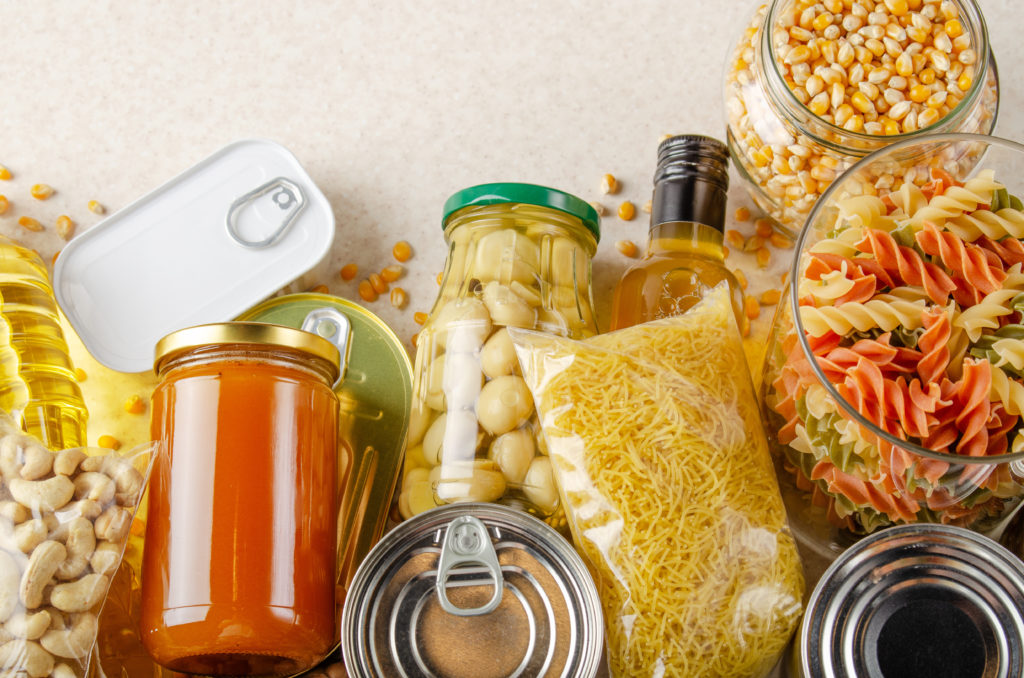
Lower Carbohydrate Intake
Cut back on carbohydrates and choose them wisely. When you do have carbs, choose nutritionally dense ones like vegetables. Avoid sugary beverages, which can cause blood sugar spikes. These cause obesity, which results in insulin resistance. Choose water or unsweetened tea over soft drinks and sweetened beverages. Carbohydrate counting and choosing foods with a lower glycemic index are also helpful in monitoring your daily carbohydrate intake.
What Else to Prevent or Reverse Insulin Resistance?
Exercise regularly and Get your weight under control
Get at least 30 minutes a day of moderate intensity activity, 5 or more days per week. Outside activity is the best. This will help your body fight the symptoms of insulin resistance.

Heal Leaky Gut
Leaky Gut has been associated with the development of insulin resistance. Leaky gut causes widespread, systemic inflammation. Inflammation is a known factor in insulin resistance development.
To know more about healing your gut, click here!
Cook Healthy Food
Eliminate processed, sugary beverages and foods. New food labelling regulations require food labels to now include an “added sugars” section, which allows consumers to see if sugars are added or naturally occurring.
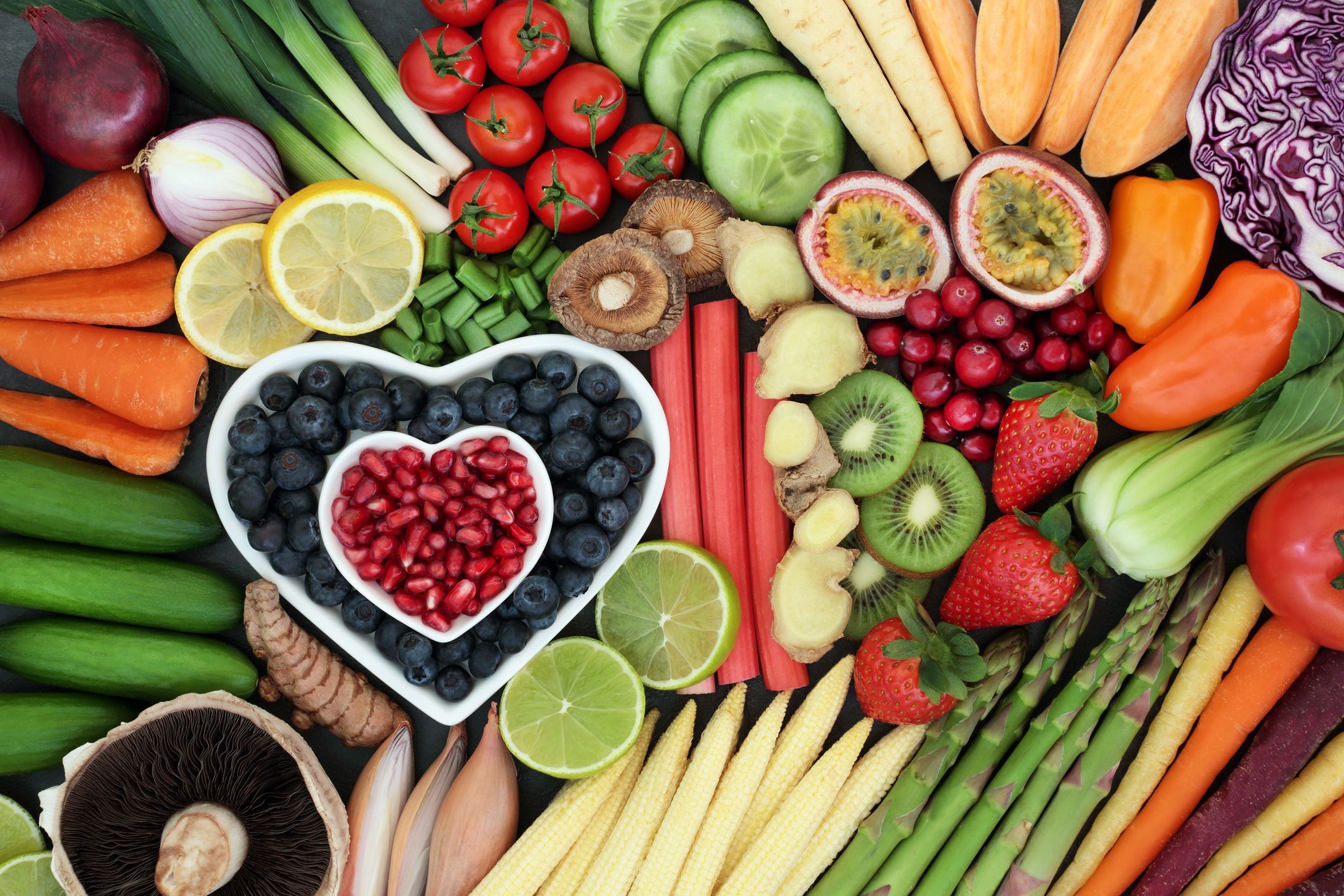
Get Regular Sunshine
Vitamin D deficiency has been linked to insulin resistance. For all health issues, think sunshine first!
If we start making small differences to our lifestyle today, we will make a big difference tomorrow. Make a note of these dietary tips to manage obesity and hence prevent insulin resistance –
- Enjoy your food, but eat less.
- Avoid oversized portions.
- Make sure fruits and vegetables account for half your plate volume.
- Ensure 50% of the grains you consume are whole grains.
- Avoid food that is processed as it has a high sodium content.
- Drink water instead of sugary drinks.
Your health lies in your hand. Take steps today so that you don’t end up falling prey to diabetes!

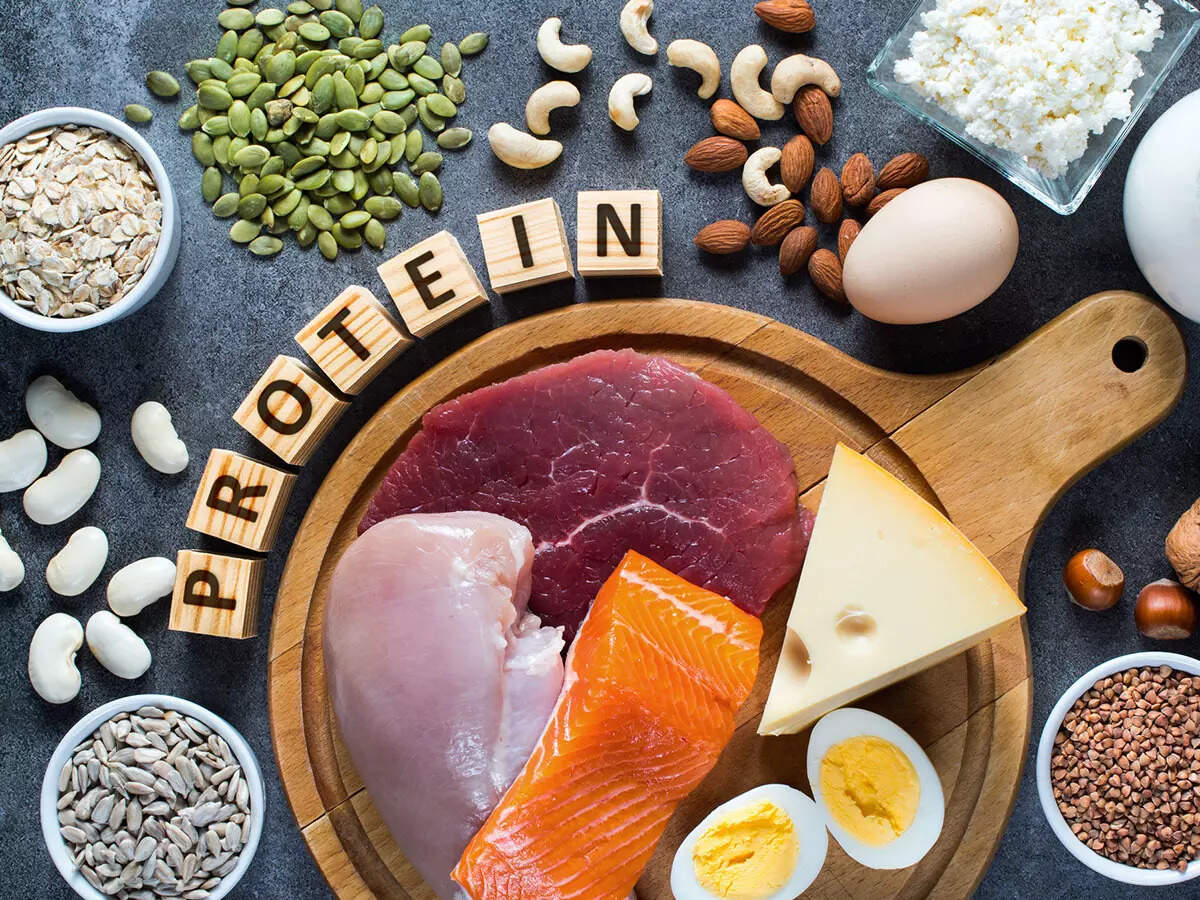


.png)


